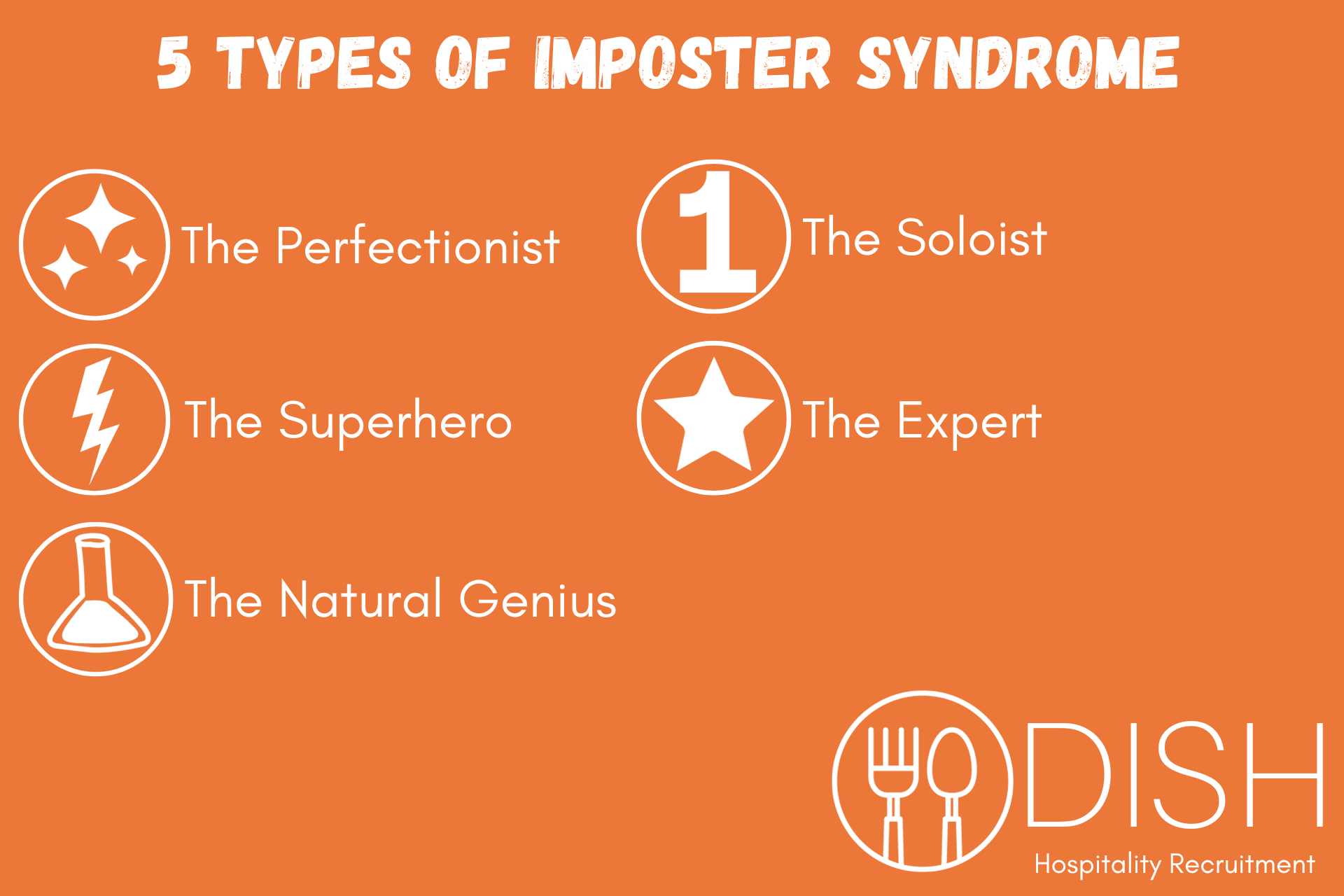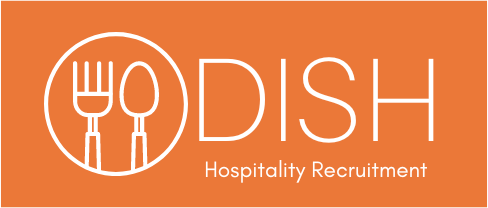
10 Jan The 5 Types of Imposter Syndrome – Which Do You Have?
Do you feel as though the work you produce is never good enough? Do you constantly work past your hours or feel uncomfortable working with others? Will you not attempt something unless you have all the answers? You could be suffering from Imposter Syndrome.
Imposter Syndrome refers to the feeling of being a fraud in your position. It causes the fear of one day being found out to be incapable of carrying out your role. Felt by many of us at one time in our careers, the phenomenon can have a disastrous impact on our performance and mental health but did you know there are different types of Imposter Syndrome?
Here are the five types of “imposters” identified by Dr Valerie Young. Hopefully, identifying which applies to you can help you better understand and address your insecurities.
The Perfectionist
As the name suggests, perfectionists aspire for flawless results and consider any failures very harshly. Such high expectations can lead you to feel dissatisfied with your work and agonise over tiny mistakes. Ultimately, it can make you believe you are an incompetent imposter. In this case, the best way to combat Imposter Syndrome is to remind yourself of the importance of a growth mindset. (See our blog post, How to Manage Imposter Syndrome for more details).
The Superhero
The Superhero will feel the need to work harder and longer than those around them to prove they are not an imposter, holding themselves to higher standards than they would for others. This mindset can quickly lead to burnout and it would be helpful to recognise the Imposter Syndrome behind it. (See our blog post, How to Manage Imposter Syndrome for more details).
The Natural Genius
In the past, success will have come easily to the Natural Genius. If they encounter a challenge they find difficult, this unfamiliar struggle can make them feel incapable and an imposter. In this situation, the Natural Genius should assess evidence of their competency in this matter to gain a better perspective. (See our blog post, How to Manage Imposter Syndrome for more details).
The Soloist
If you struggle to ask for help it could be that you are a Soloist “imposter”. Asking for assistance doesn’t make you a failure. It’s an efficient way to accomplish tasks and learn from those around you. If you’re a Soloist, try talking to your colleagues and you’ll soon realise everyone experiences insecurities and occasionally requires help. (See our blog post, How to Manage Imposter Syndrome for more details).
The Expert
The Expert likes to have all the skills and knowledge they can before starting a project. Beginning without this can leave them feeling vulnerable to insecurities. This approach can hold you back from completing new projects or even taking new opportunities. To combat this, try to practice self-compassion, forgiving any shortcomings and building yourself up to try new things without needing to first be an expert. (See our blog post, How to Manage Imposter Syndrome for more details).
Article source: https://www.glamourmagazine.co.uk/article/ditch-inner-imposter-book-extract

